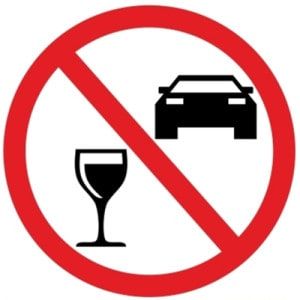 Forty-three people in Delaware were killed in drunk driving-related crashes in 2013, according to AAA Mid-Atlantic. But that number may significantly drop after Governor Jack Markell signed a significant DUI bill into law on Wednesday.
Forty-three people in Delaware were killed in drunk driving-related crashes in 2013, according to AAA Mid-Atlantic. But that number may significantly drop after Governor Jack Markell signed a significant DUI bill into law on Wednesday.
The new all-offender interlock law will require all convicted DUI offenders in the state to install an interlock device in their vehicles. Under Delaware’s previous ignition interlock law, only first-time offenders with a blood alcohol content (BAC) of 0.15 or higher and all repeat offenders were required to install an interlock.
Once the all-offender interlock law goes into effect on January 1, 2015, first-time DUI offenders with a BAC of at least 0.08 and below 0.15 must install an interlock in their vehicles for at least four months. First-time offenders with a BAC of 0.15 or higher and all repeat offenders will have longer installation periods.
Approved by the General Assembly in June on the final day of the 2014 legislative session, the bill almost didn’t make it through this year. But the efforts of Representative Steve Smyk and other legislators who supported the bill helped give it the final push. Smyk pushed for the all-offender interlock law to ensure that DUI offenders living in rural areas could continue to drive to work or school legally while keeping themselves and others on the road safe.
Delaware now joins 24 other states with all-offender interlock laws and hopes to see a similar drop in DUI fatalities as those states have seen. States that require interlocks for all convicted DUI offenders have decreased drunk driving deaths by at least 20%, according to Mothers Against Drunk Driving (MADD), which continuously encourages all states to pass all-offender interlock laws and is currently pushing for a federal all-offender interlock law. Arizona and Oregon have decreased DUI deaths by as much as 43% and 42%, respectively, since passing their all-offender interlock laws.
